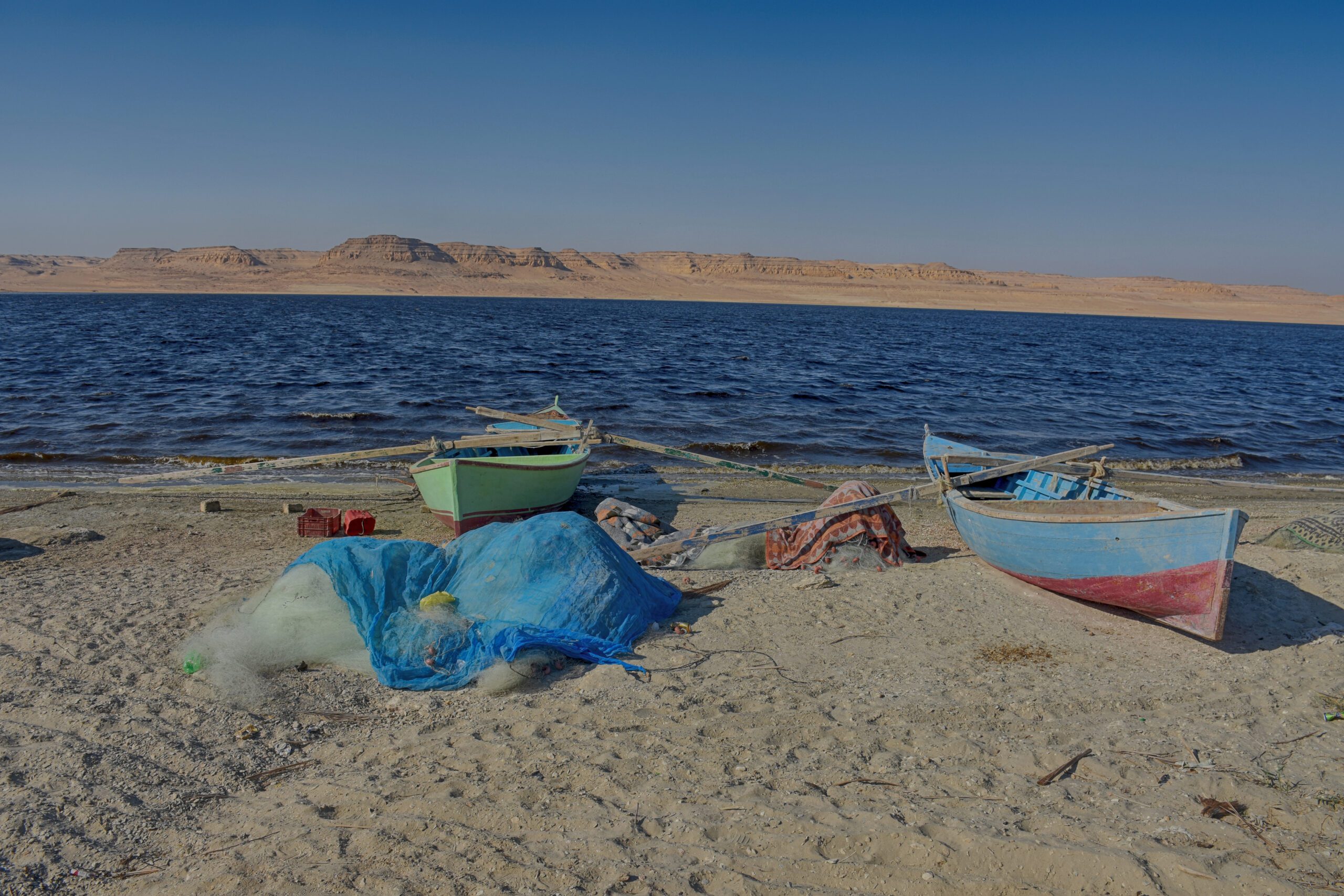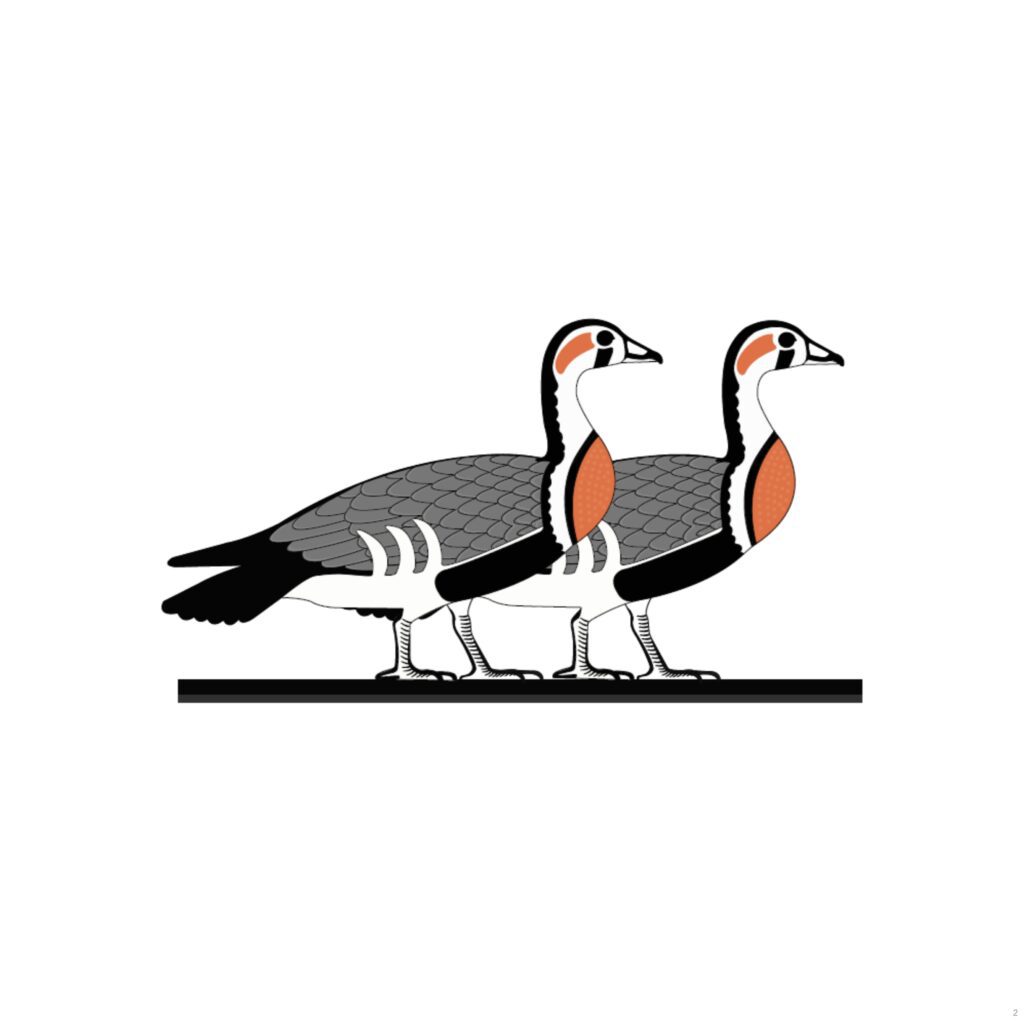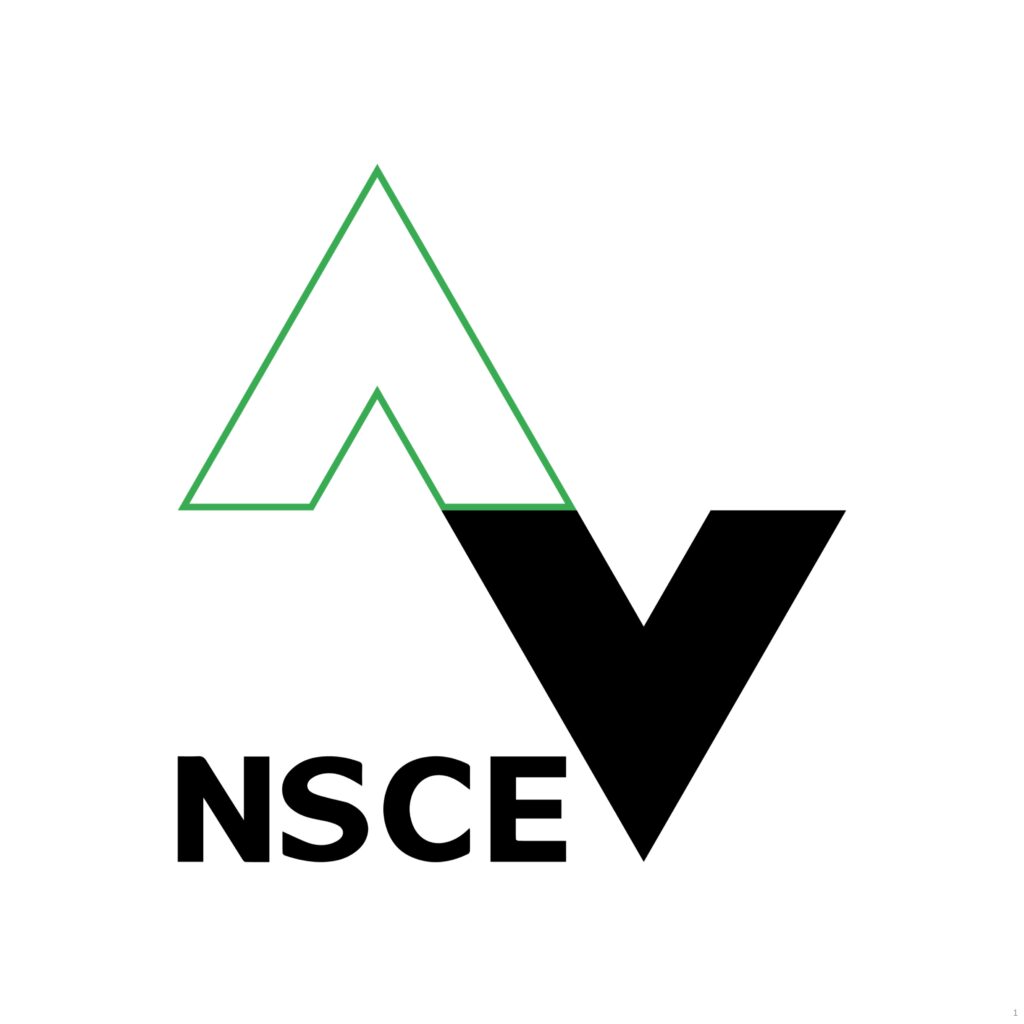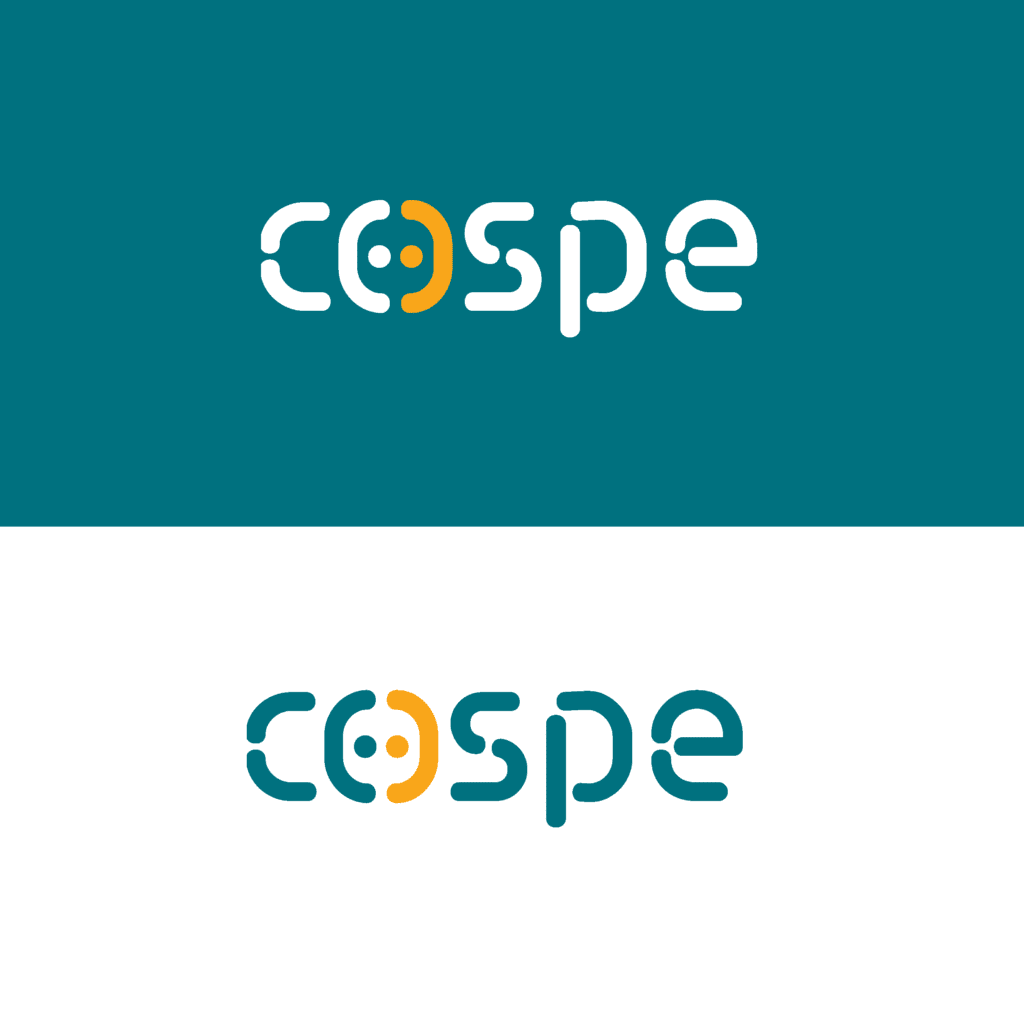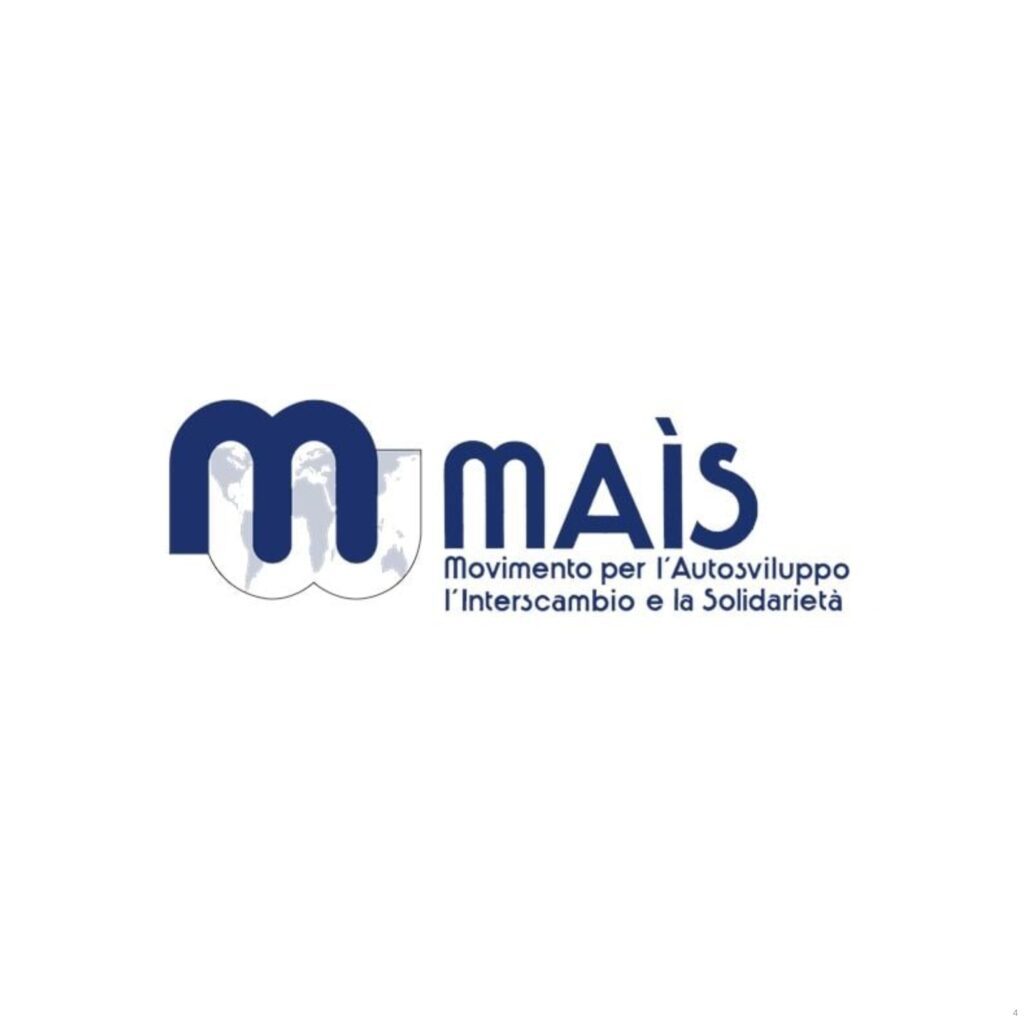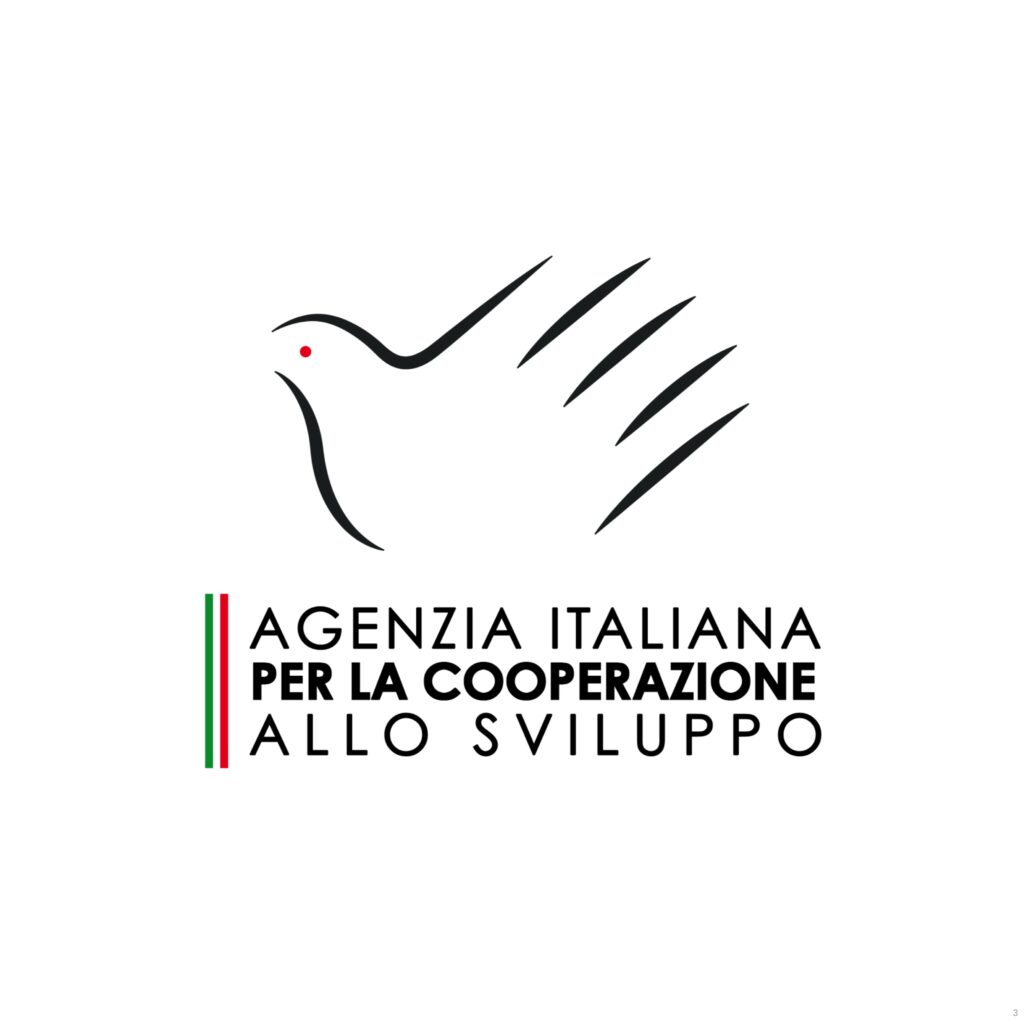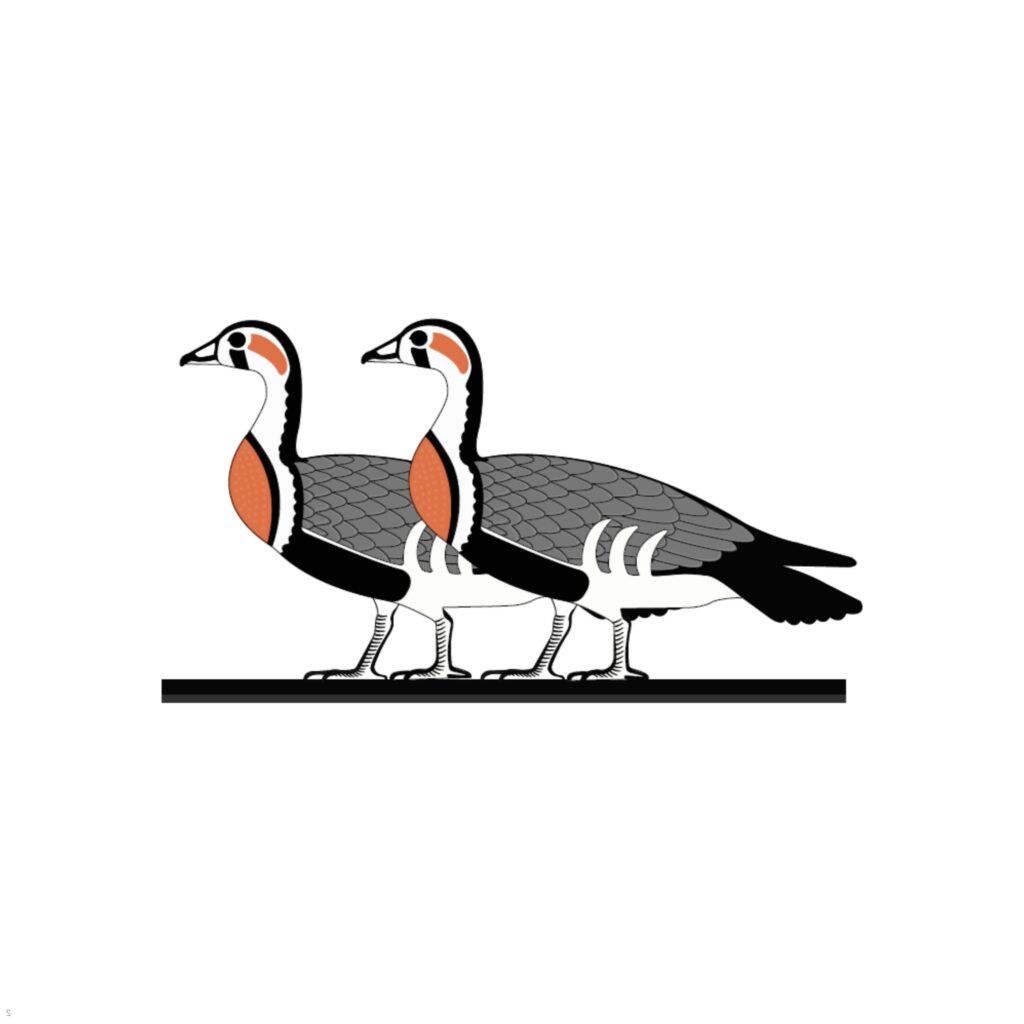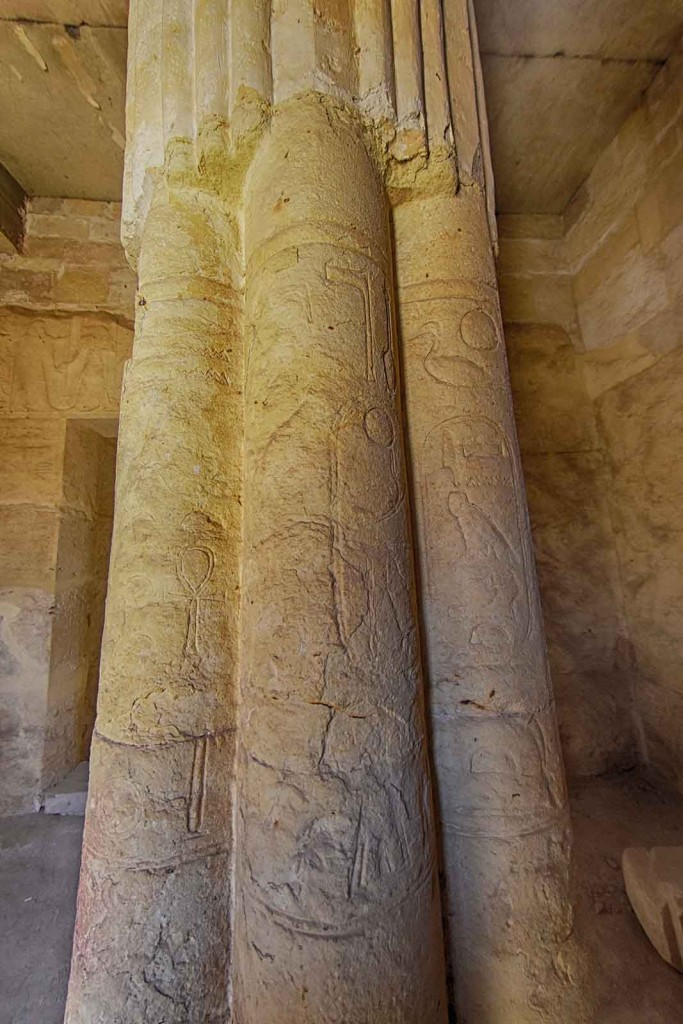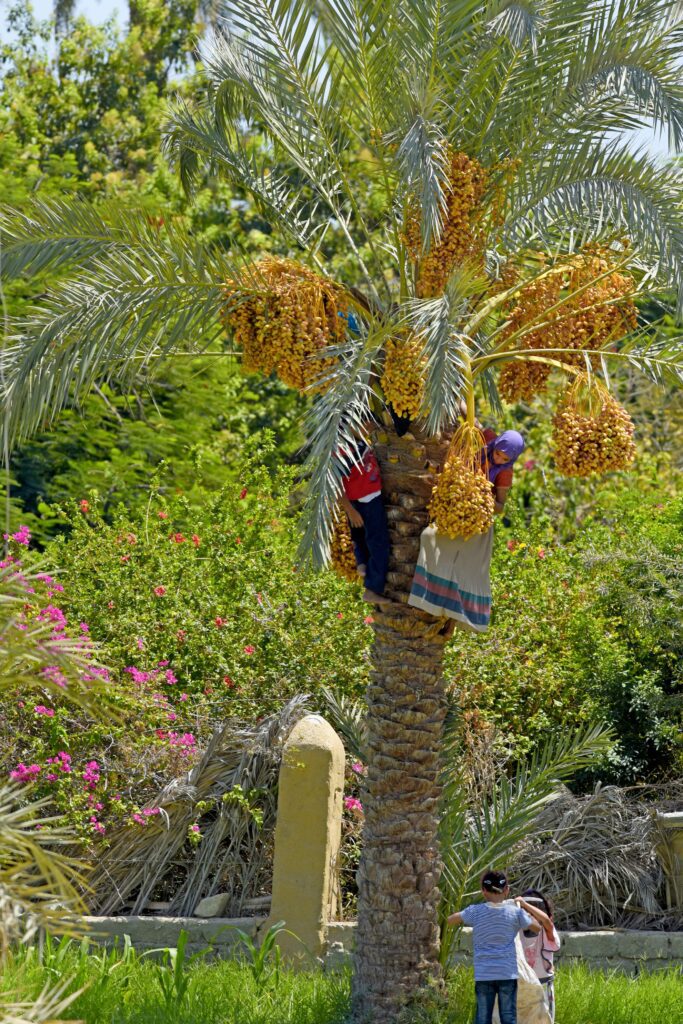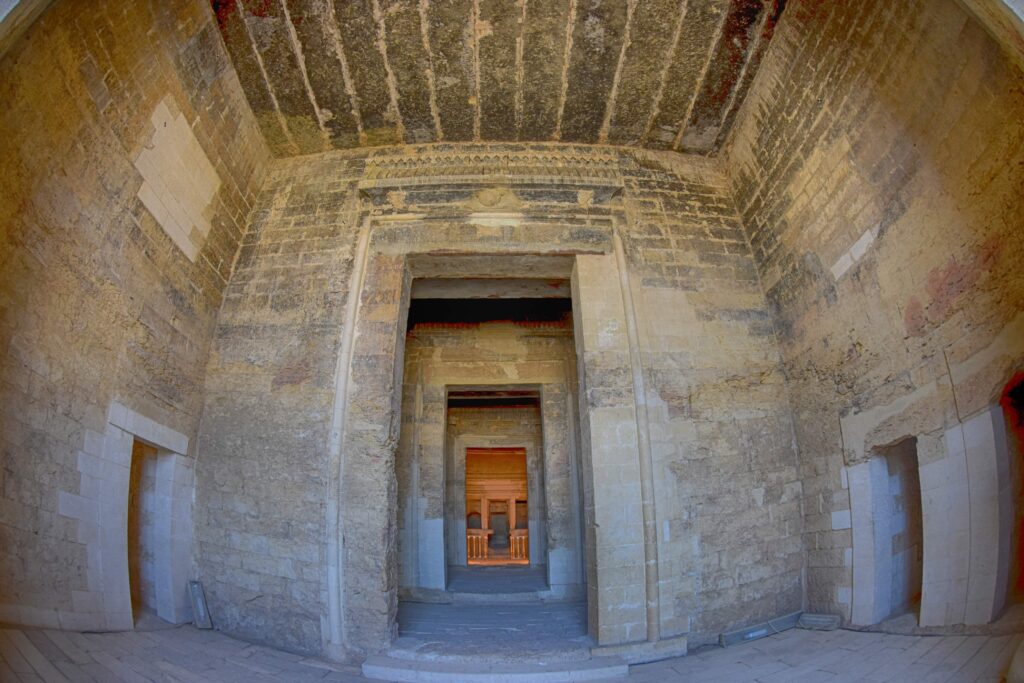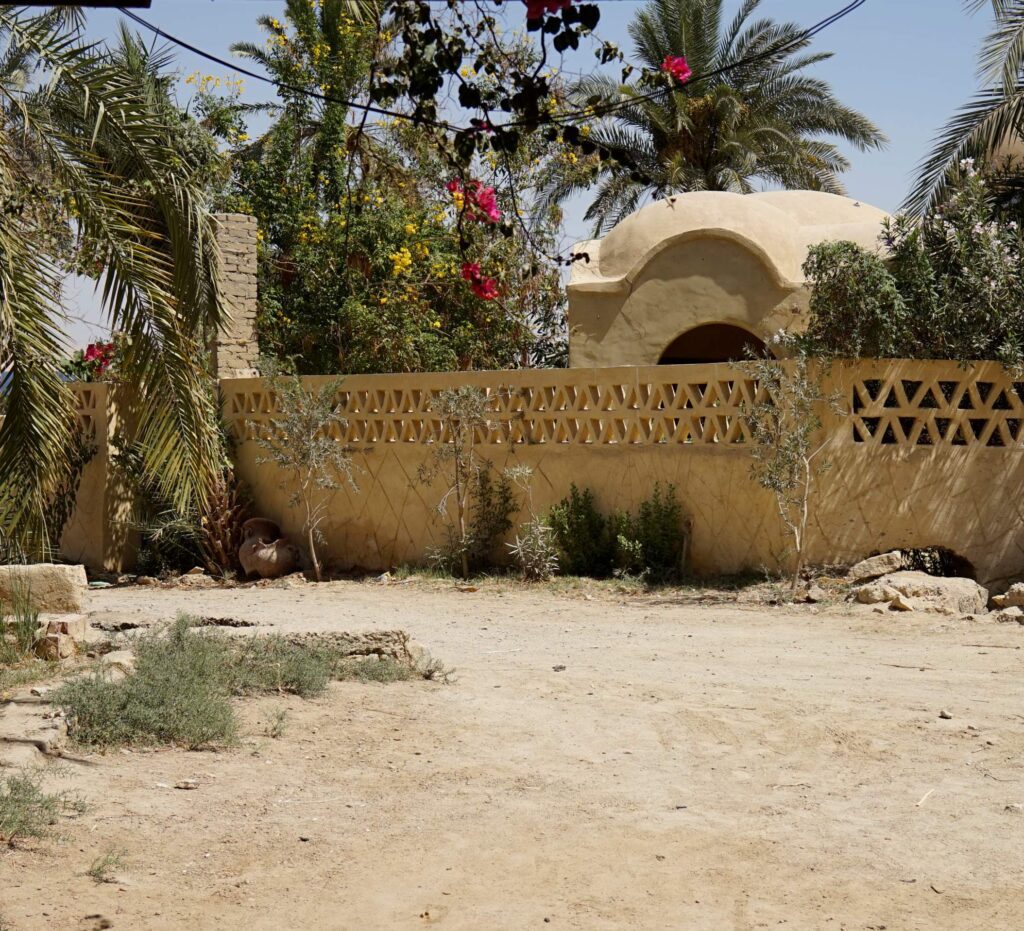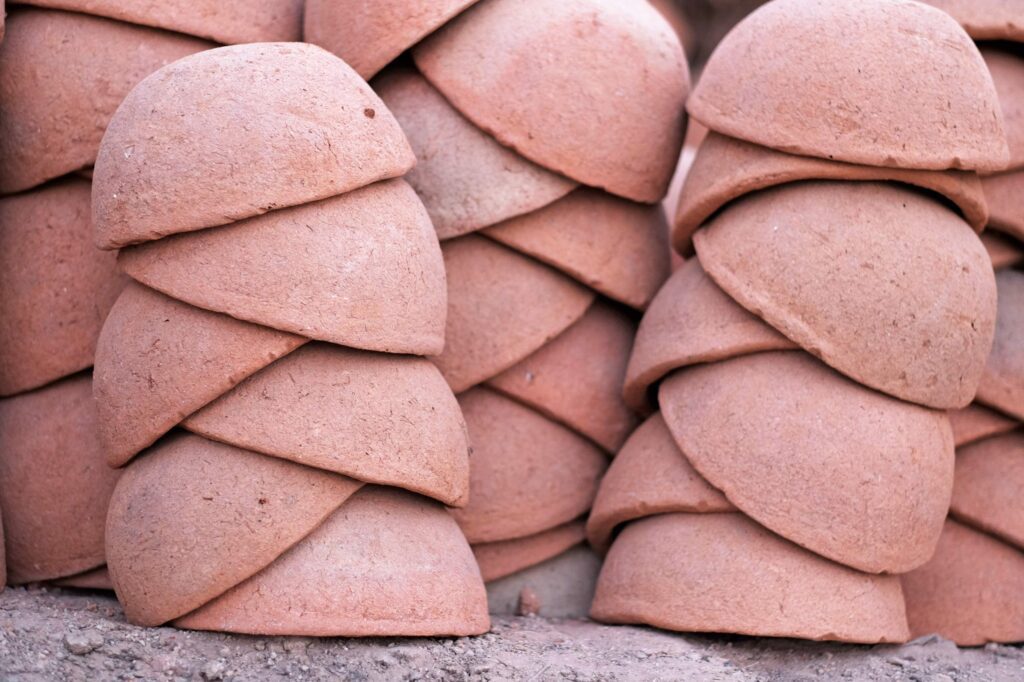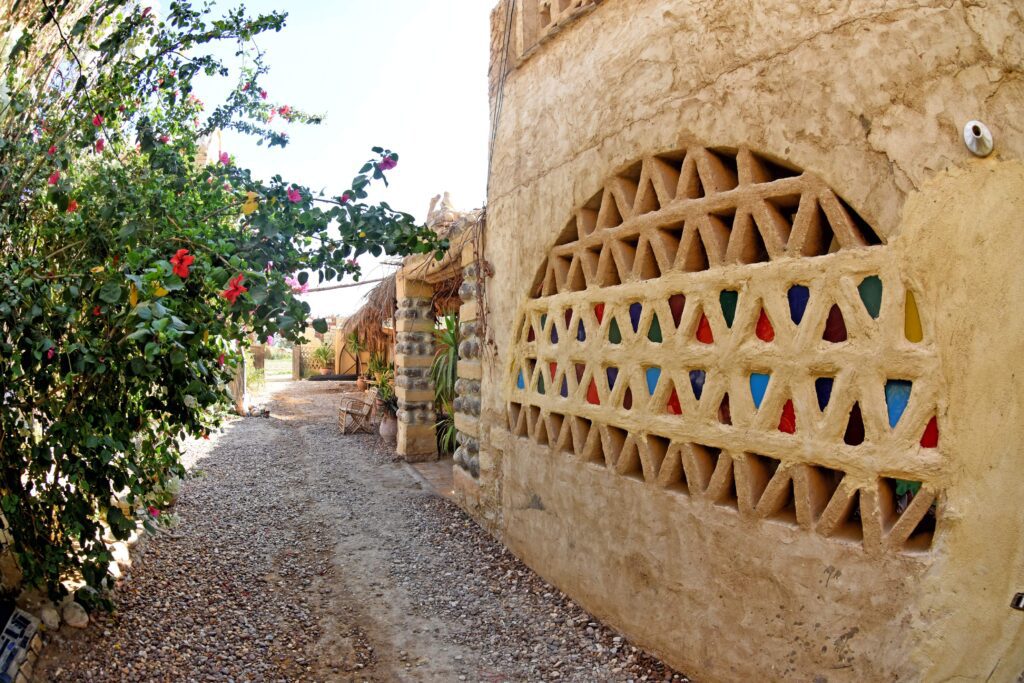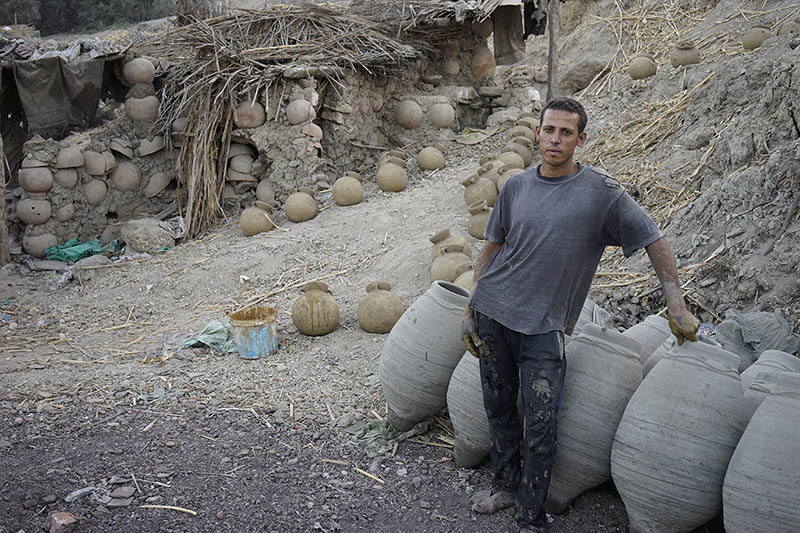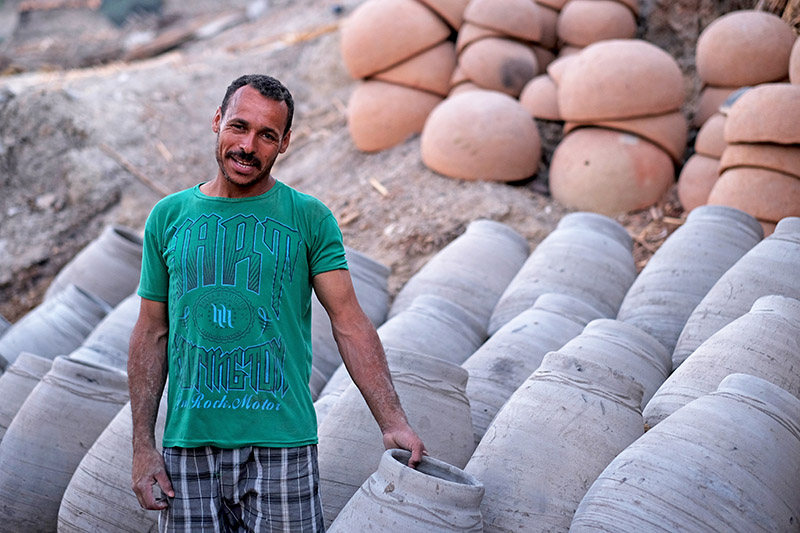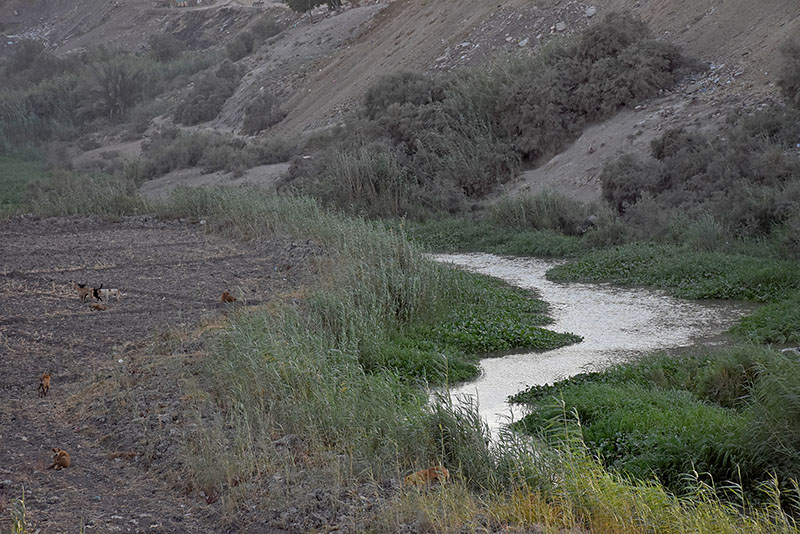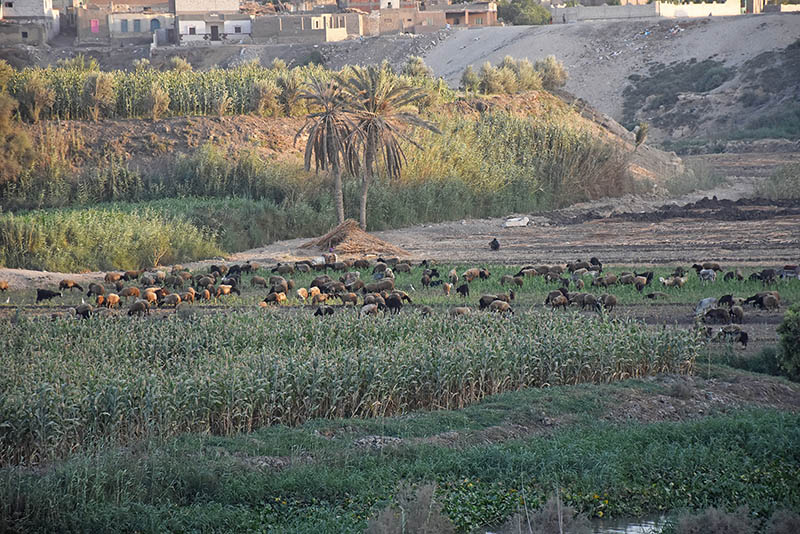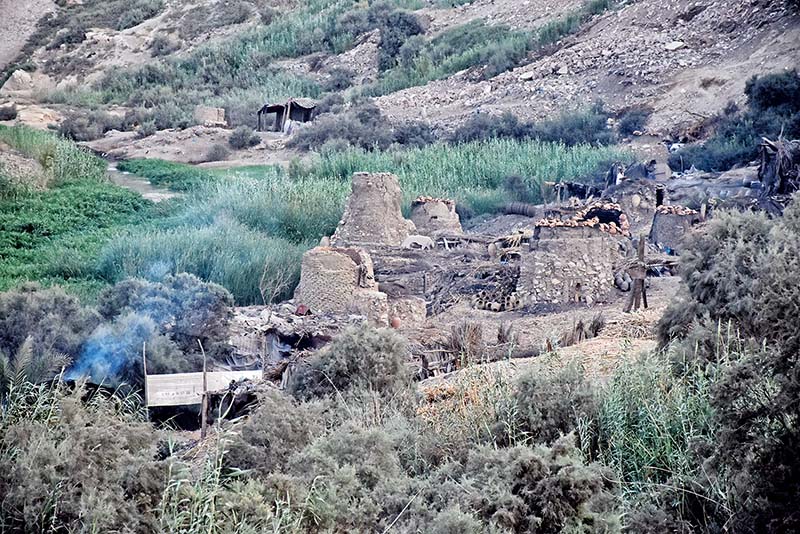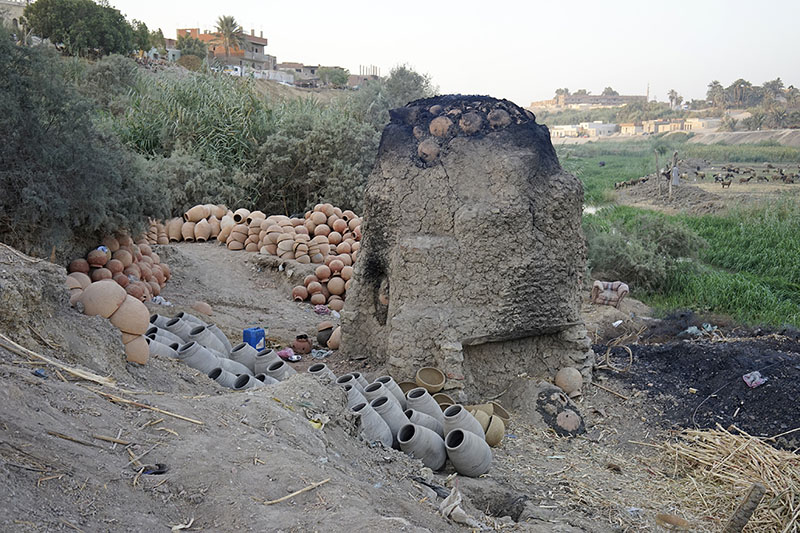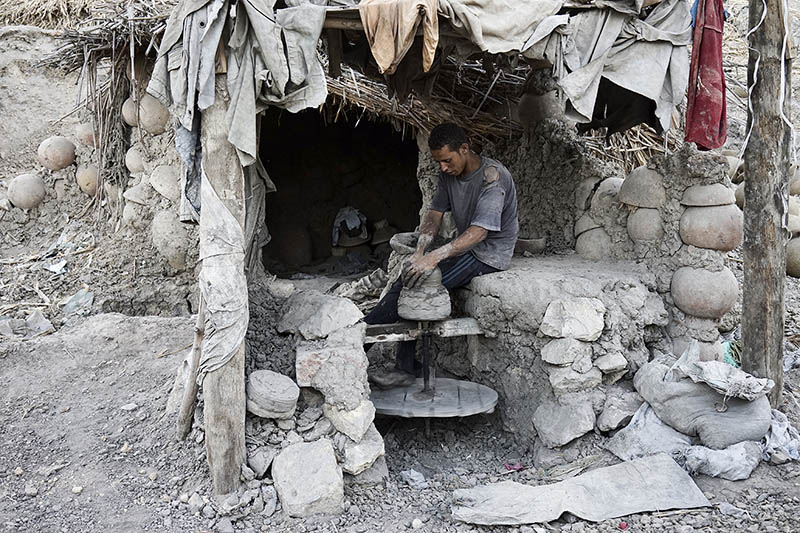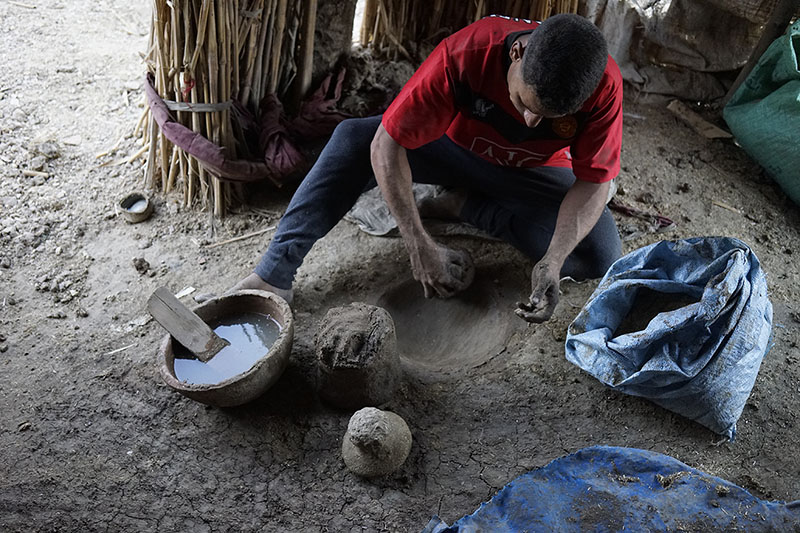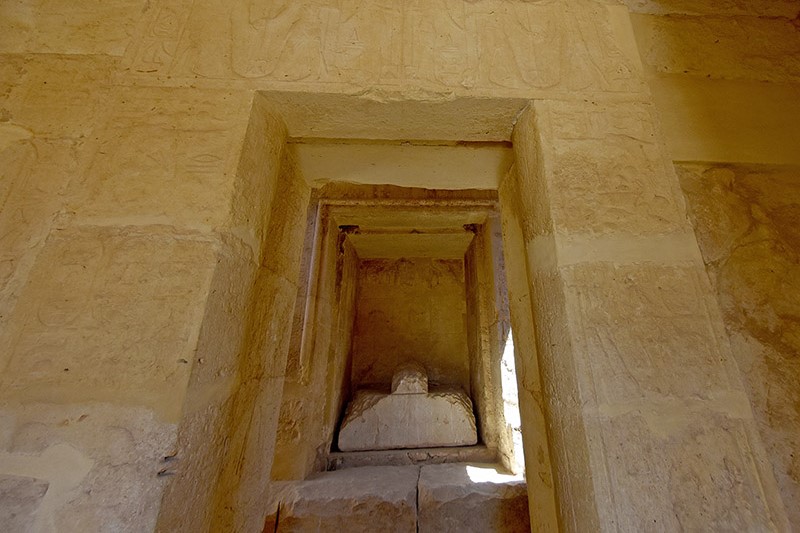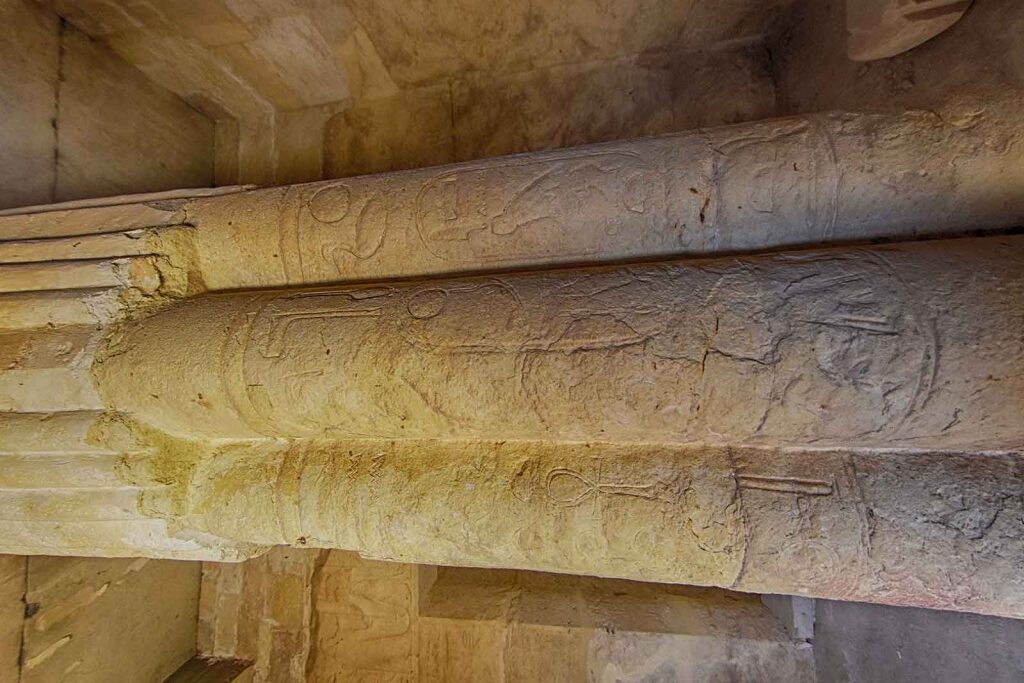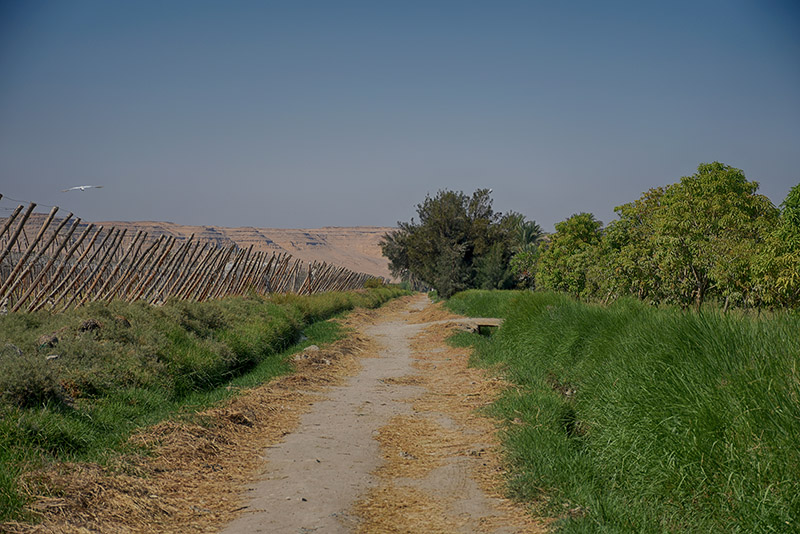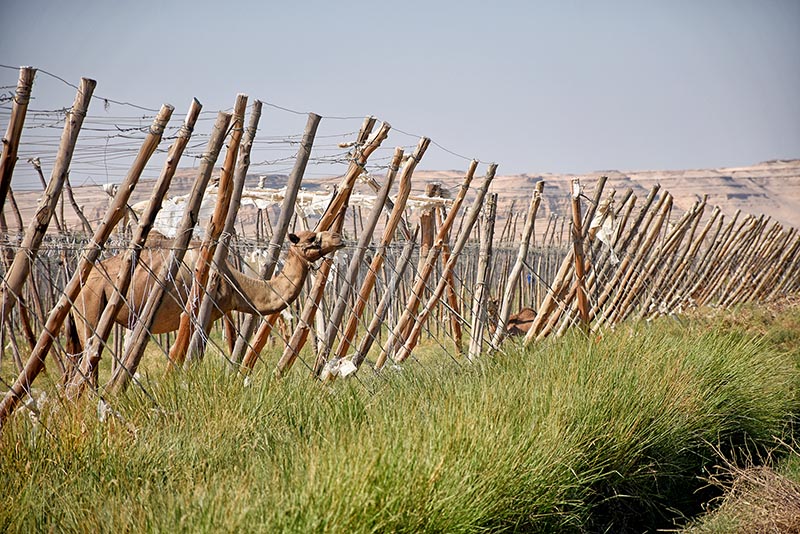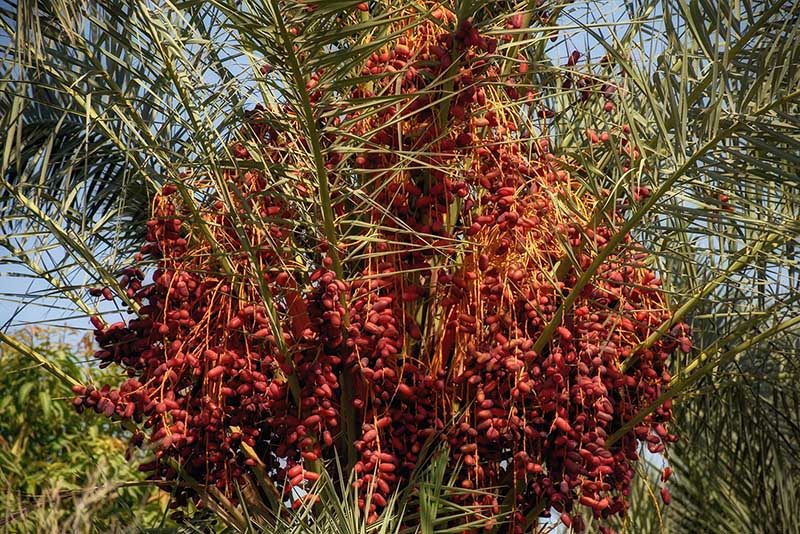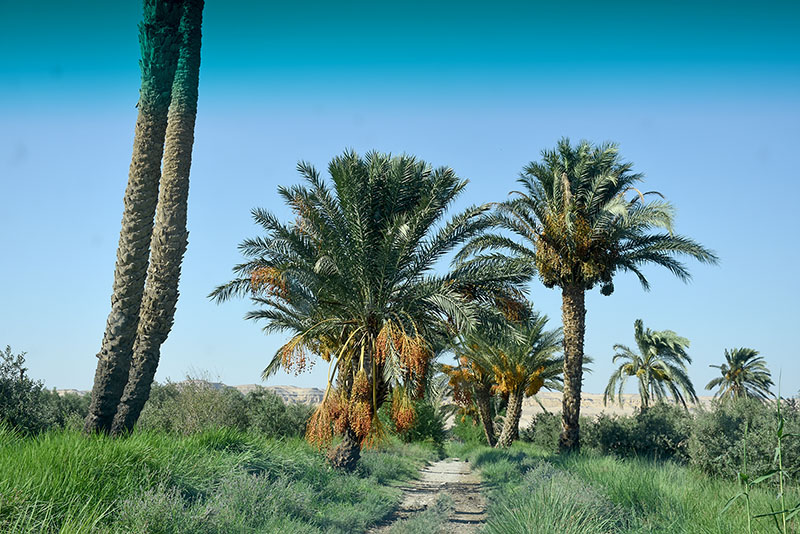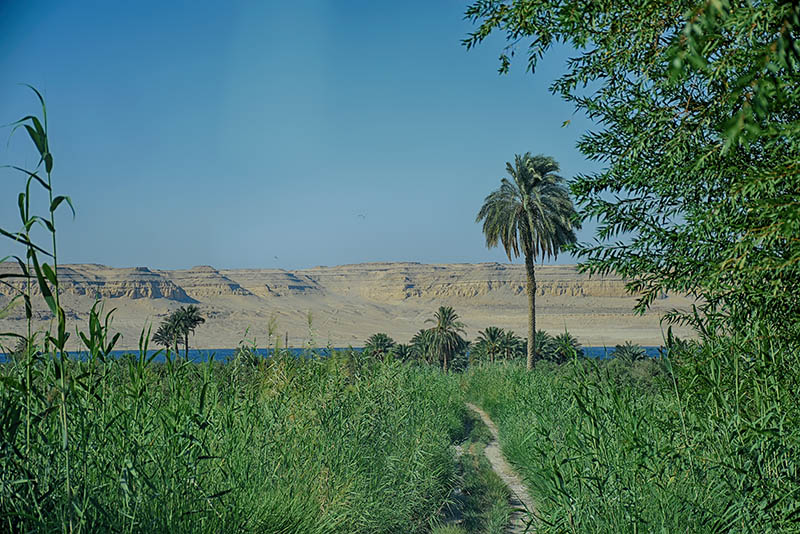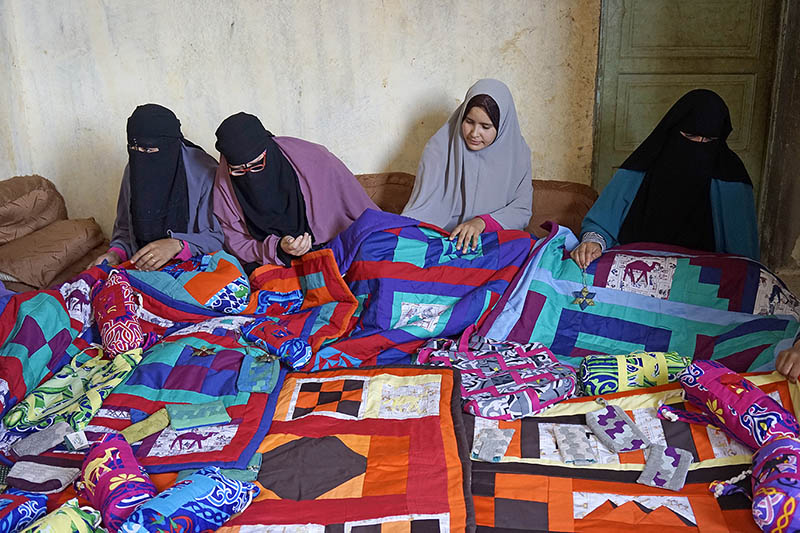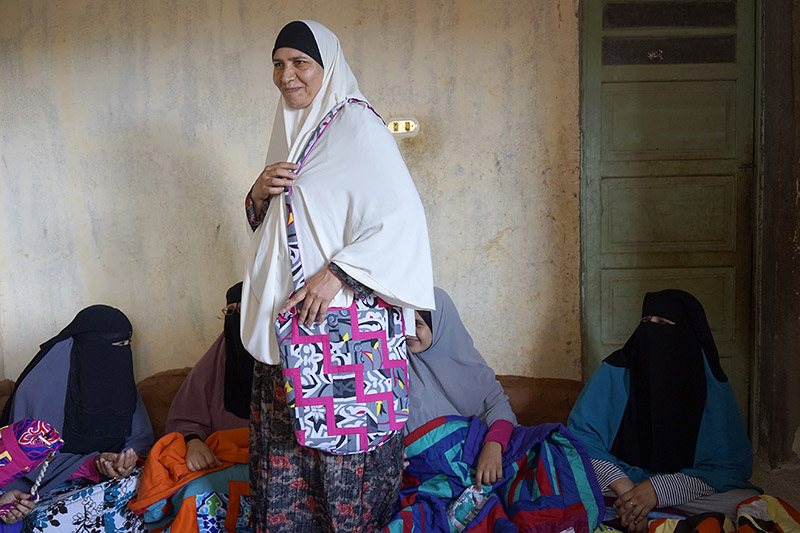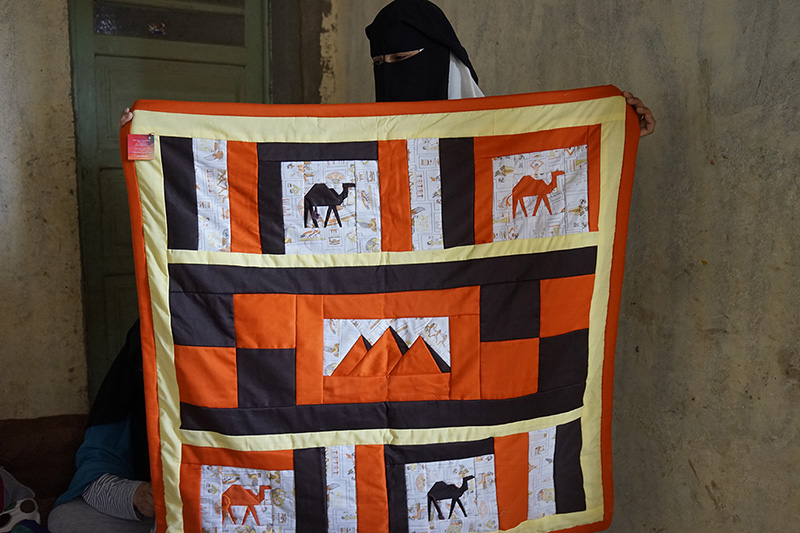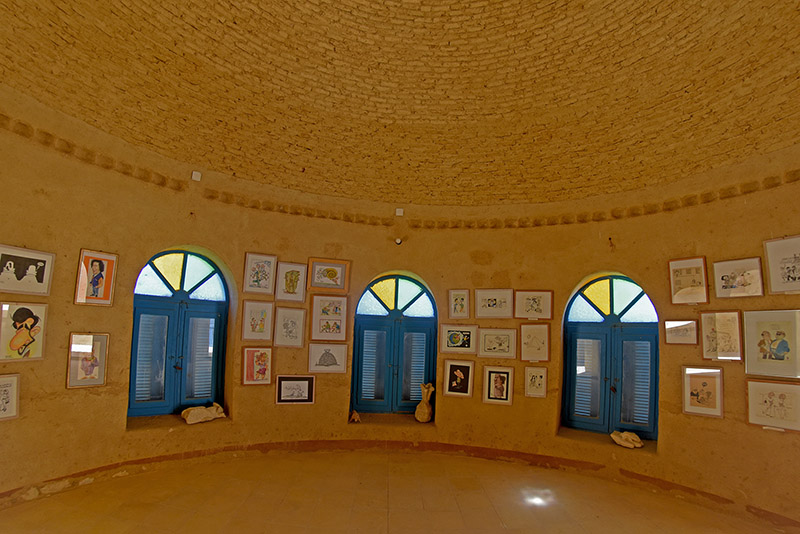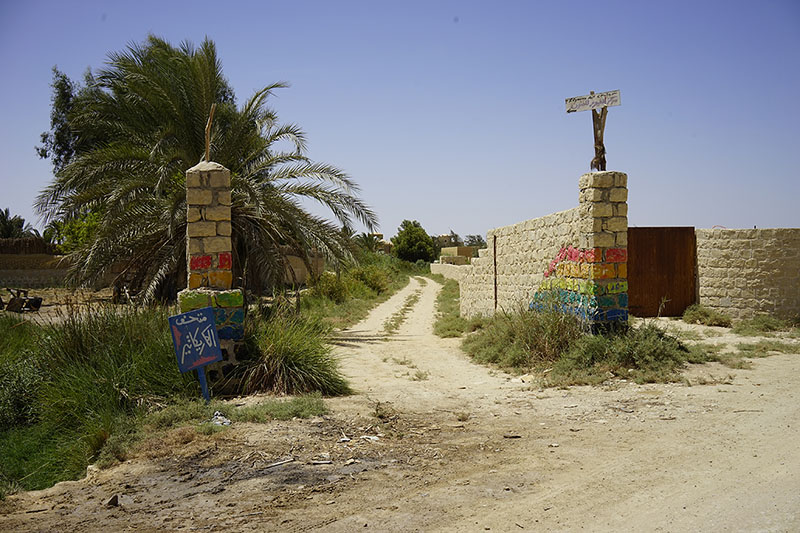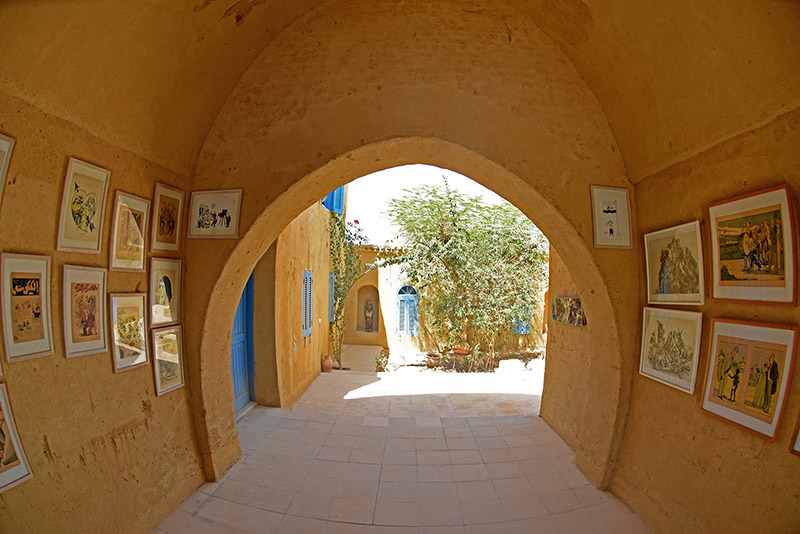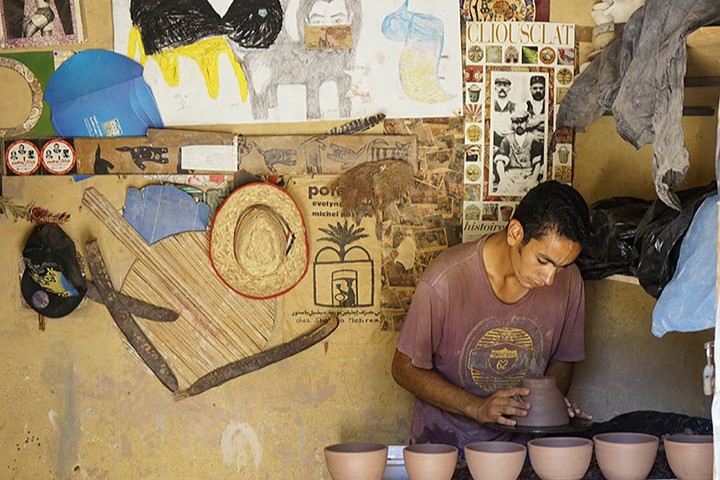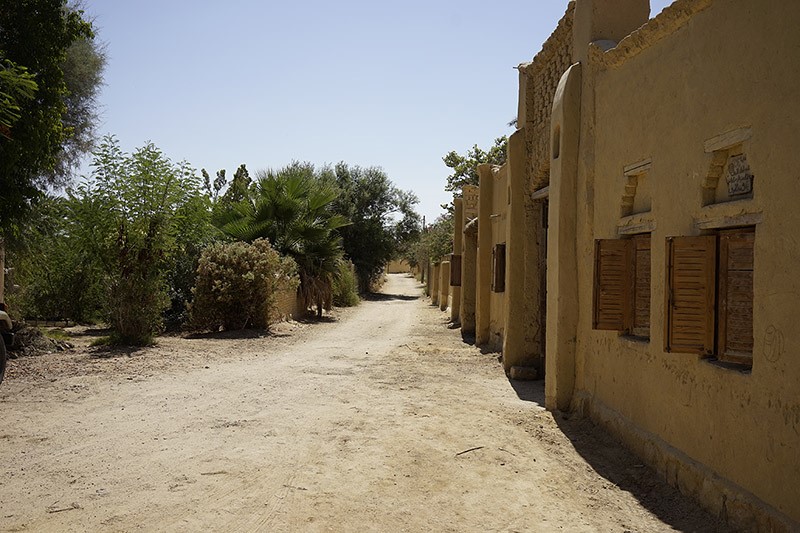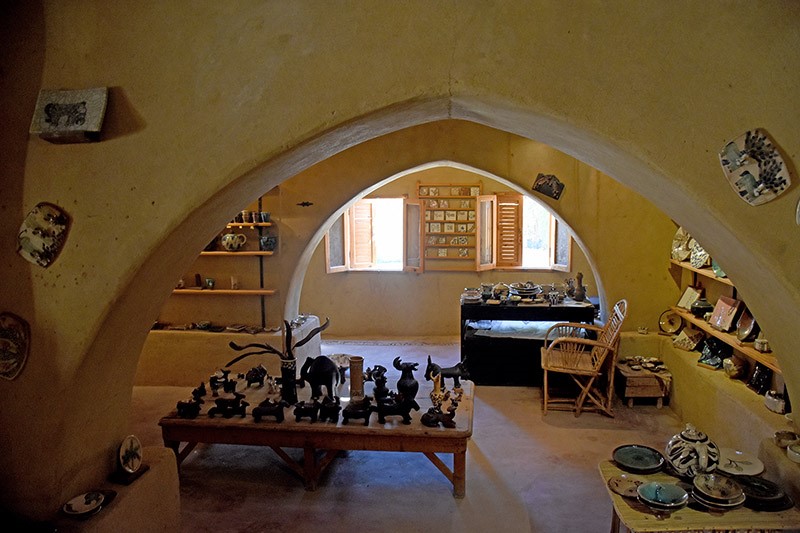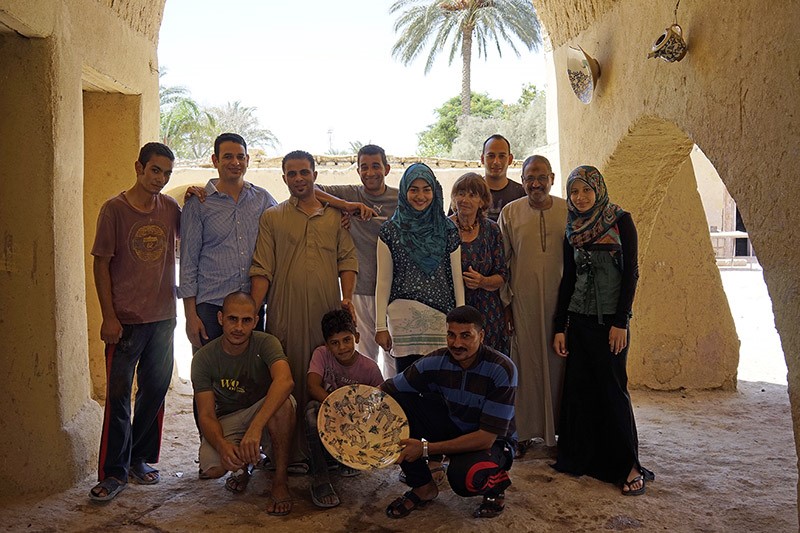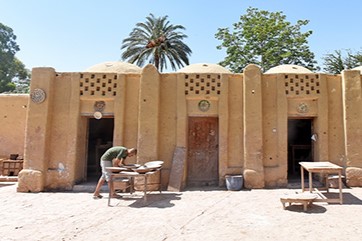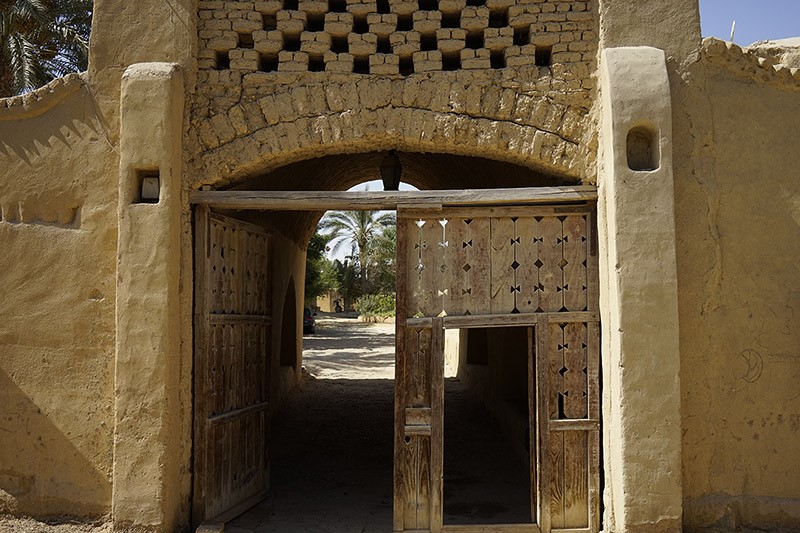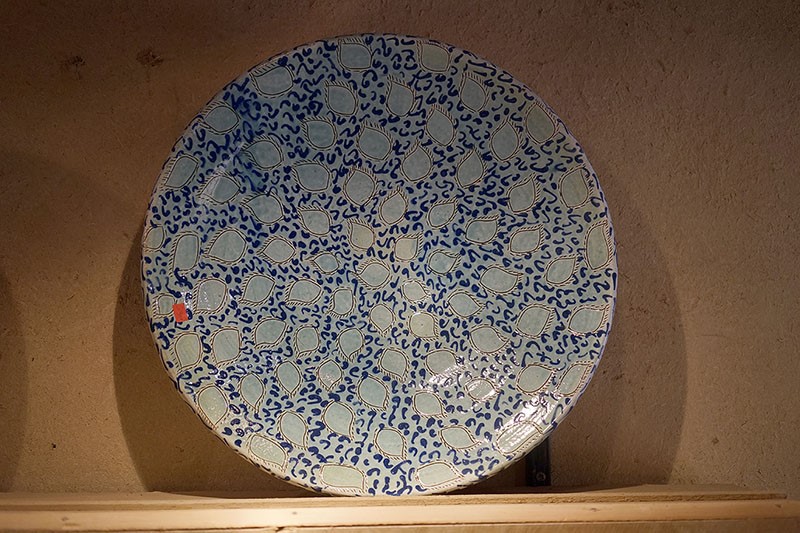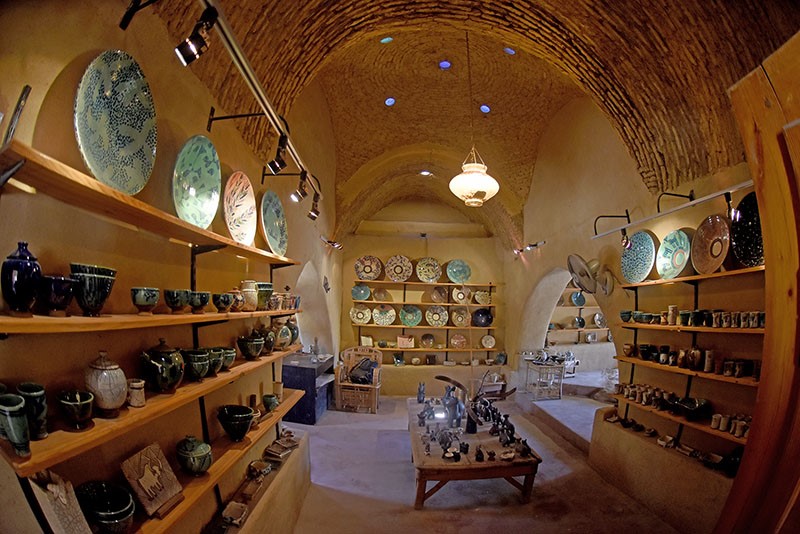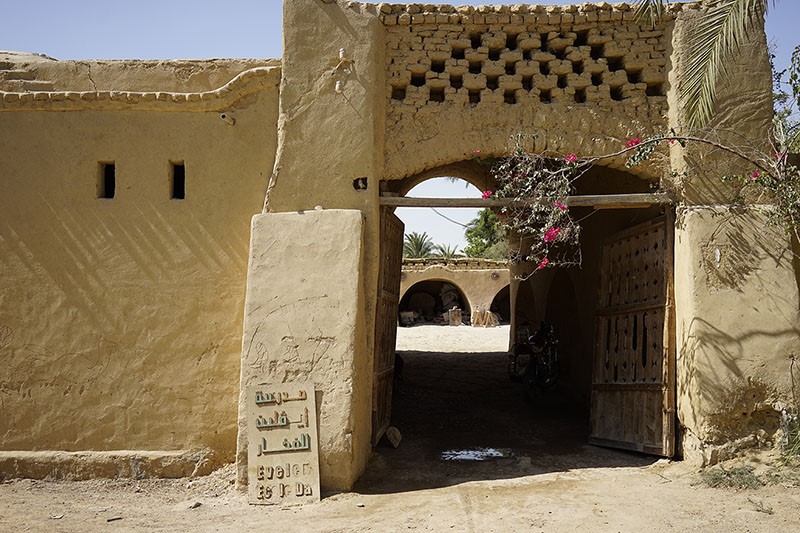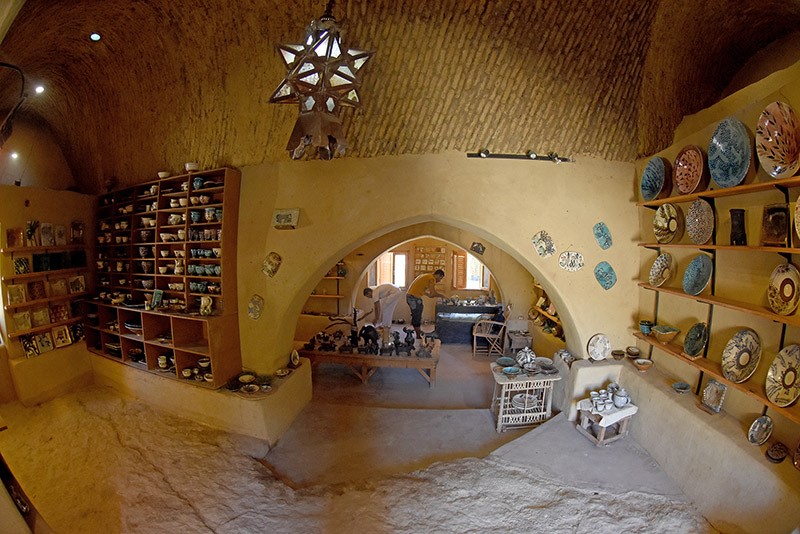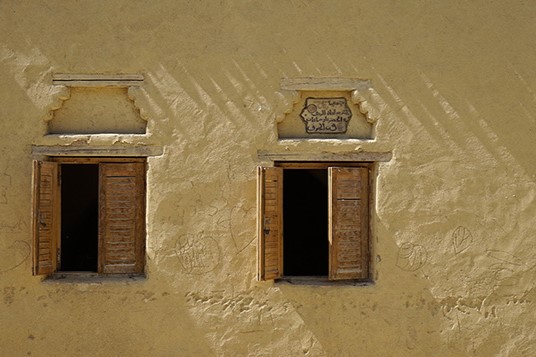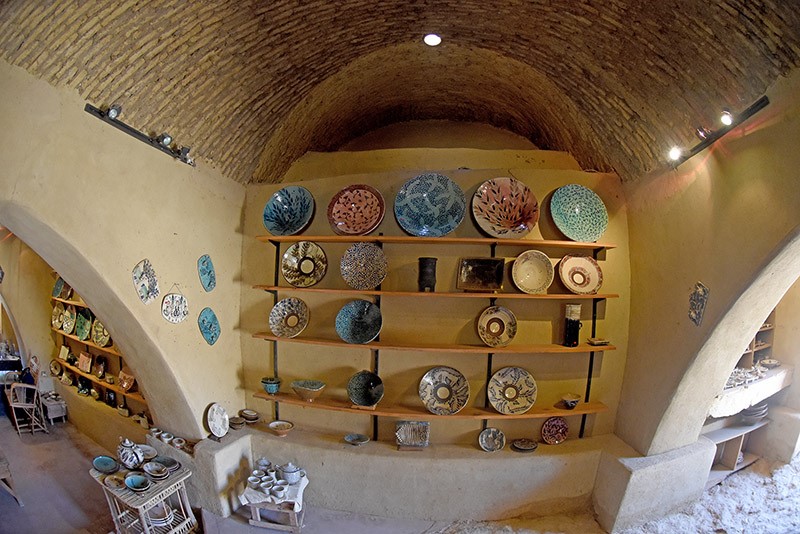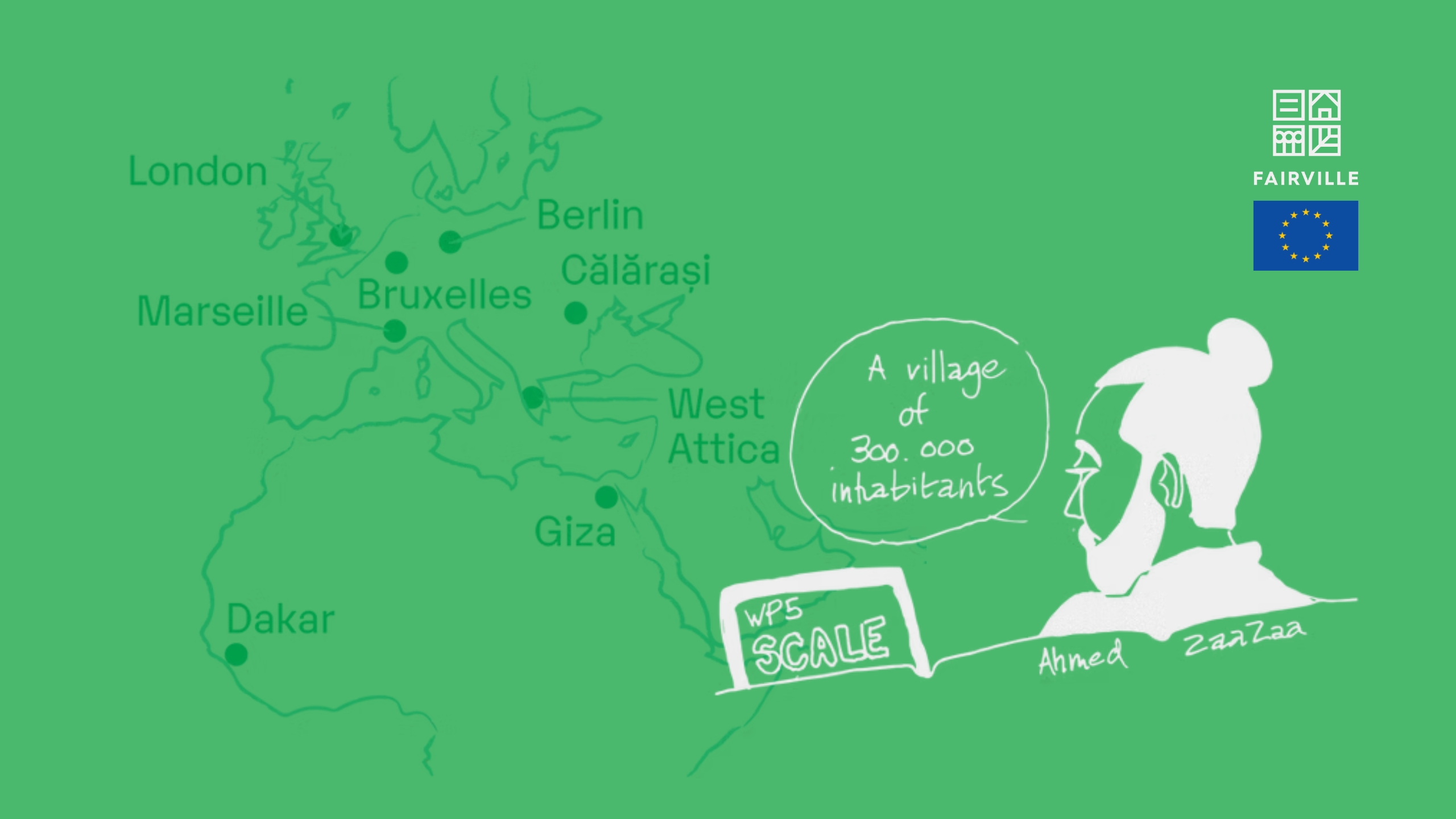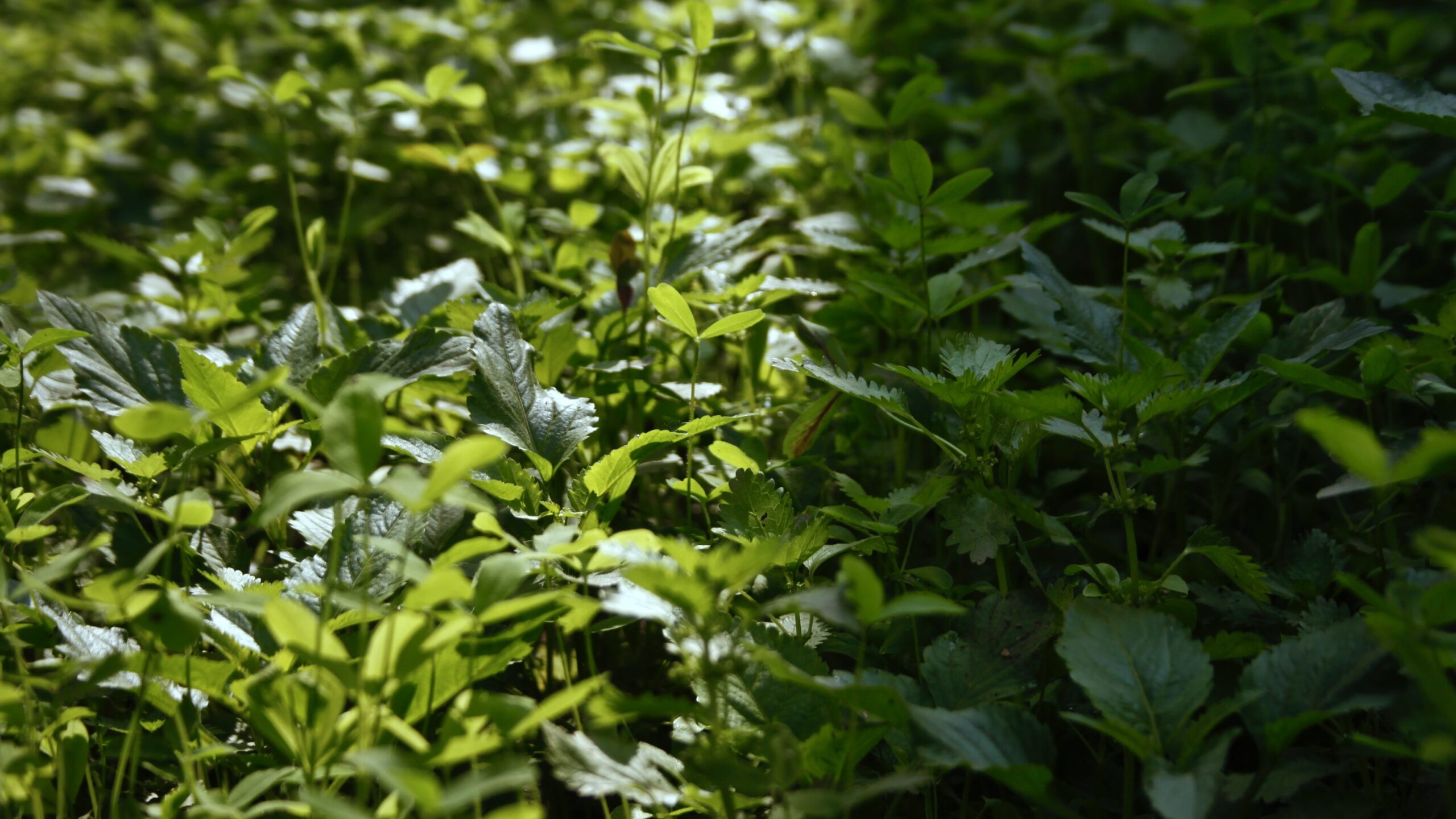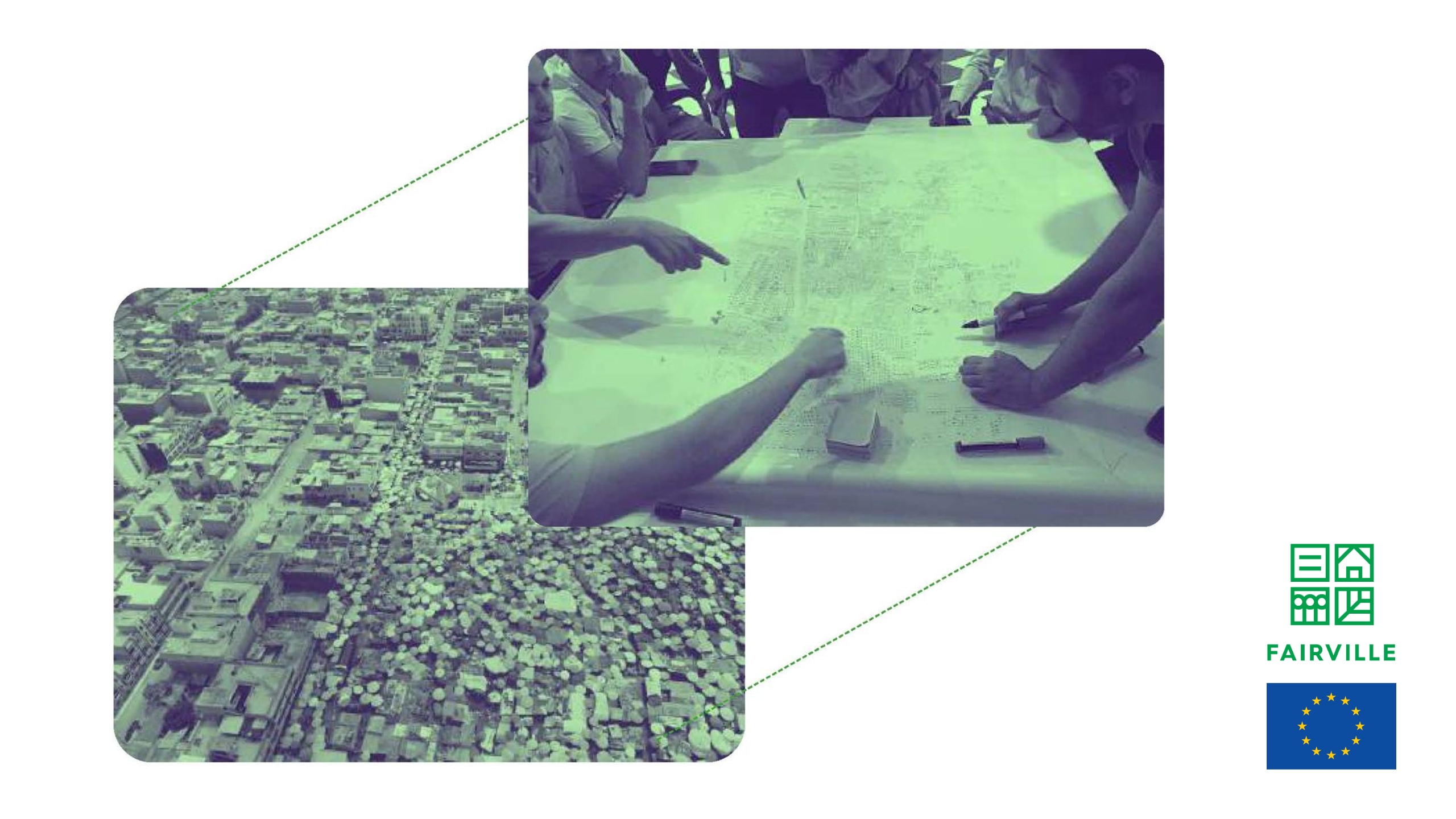Building Rural Assets with Valuable Opportunities (BRAVO)
A Sustainable Tourism Development Initiative
Only 90km away from Egypt’s capital, Cairo, Fayoum has become a popular weekend destination for local and foreign travelers. Beyond its long history spanning the Pharaonic, Greco-Roman, Coptic and Islamic eras still visible by a wealth of archaeological testimonies, Fayoum is also famous for its natural beauty with its lakes, palm trees, pristine desert areas, fossil remains, bird sanctuaries, and rural quietude. Fayoum has much to offer to visitors who like to explore one of Egypt’s richest rural areas, its surrounding desert and lakeshores of Wadi El Rayan and Lake Qarun.
Building Rural Assets with Valuable Opportunities “BRAVO” which is financed by the Italian-Egyptian Debt for Development Swap aims at tackling the challenges hindering the full development of Fayoum Governorate in its tourism sector. Sustainable tourism itinerary maps have been designed for the Fayoum villages Qarun, Tunis and Nazla to connect their natural, archaeological, cultural and rural heritage to an integrated and harmonized travel route. This newly created travel itinerary is linked to the archaeological site of Medinet Madi, one of Fayoum’s most frequently visited cultural visitation sites, to expand the official Fayoum tourism route with additional culture and nature based activities.
The BRAVO travel route offers a number of flexible itineraries that allow visitors to discover the cultural, natural and rural assets of Qarun, Tunis and Nazla and give detailed directions on how to reach them. The BRAVO trips promote sustainable tourism as a viable alternative to mass tourism and use professional local services to contribute to improving the livelihood of the local communities and enriching the experience and pleasure of travelers.
Ecotour Packages
Fayoum Ecotravel Guide has designed for you some optional ecotravel packages including various schedules of visits of 1- to 3- Days to the sites of Qarun, Tunis, Nazla and Medinet Madi. The ecotravel packages hugely facilitate your trip preparations and guarantee you get the most out of your visits. Local service providers listed under contacts will be more than happy to offer their services and coordinate your trips. Based on your wishes, they can organize lunch, sportive activities and all kinds of other services for you. Check out the maps to reach the sites easily.
Tourist Tours
Fayoum Ecotravel Guide provides 7 maps for Qarun, Tunis, Nazla and Medinet Madi. The maps help travelers to easily find their way to the cultural and natural attractions of these sites and give information on how to access them from different directions.
Destinations
Fayoum Ecotravel Guide provides 7 maps for Qarun, Tunis, Nazla and Medinet Madi. The maps help travelers to easily find their way to the cultural and natural attractions of these sites and give information on how to access them from different directions.
ber is a cultural highlight: Exhibits of ceramics, handicrafts and pottery works to bird watching, presentations of documentaries and recorded films as well as theatre and Bedouin group performances reflect the richness of Fayoum’s cultural heritage.
NAZLA
Nazla is situated about 35km northwest of Fayoum City and sits atop a picturesque valley. Cascading down the slopes towards the valley bottom are the famous open-air pottery workshops of Nazla. Their pottery making is distinguished by their remarkable and unique methods that follow the traditional techniques of the ancient Egyptian potters. Nazla products are plain, utilitarian pottery goods produced for the local market. With the appearance of cheaply priced goods, the local demand for Nazla pottery has become low. The number of workshops has dramatically decreased from more than 100 to only 12 workshops still in operation. The last remaining potters of Nazla are struggling to keep themselves and their ancient art alive.
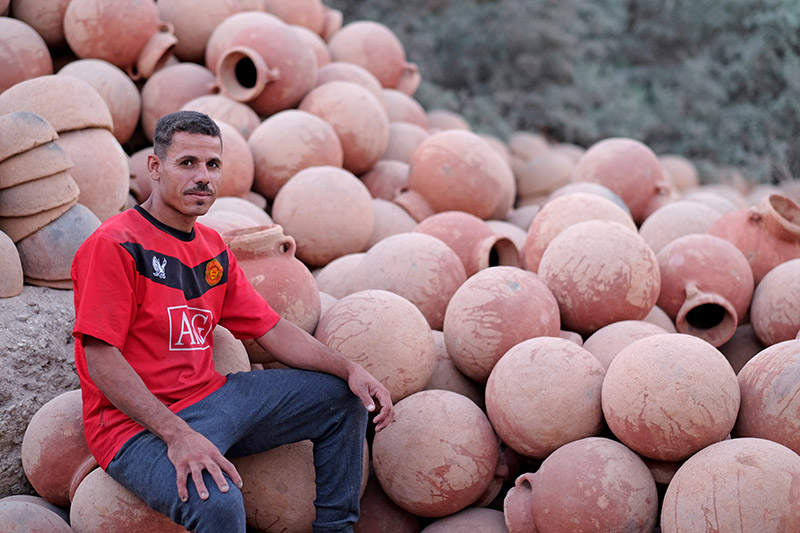
MEDINET MADI
The history of the archaeological park of Medinet Madi (“Ancient City”) started in 2000 BC when the Pharaohs began to cultivate the Fayoum region. Its discovery was one of the greatest in Egypt in the 20th century. Medinet Madi is also known as the Luxor of Fayoum and closely connected to the protected area of Wadi El Rayyan. It is the only temple of the Middle Kingdom with inscriptions. The park and its visitor centre offer a unique visitor experience.
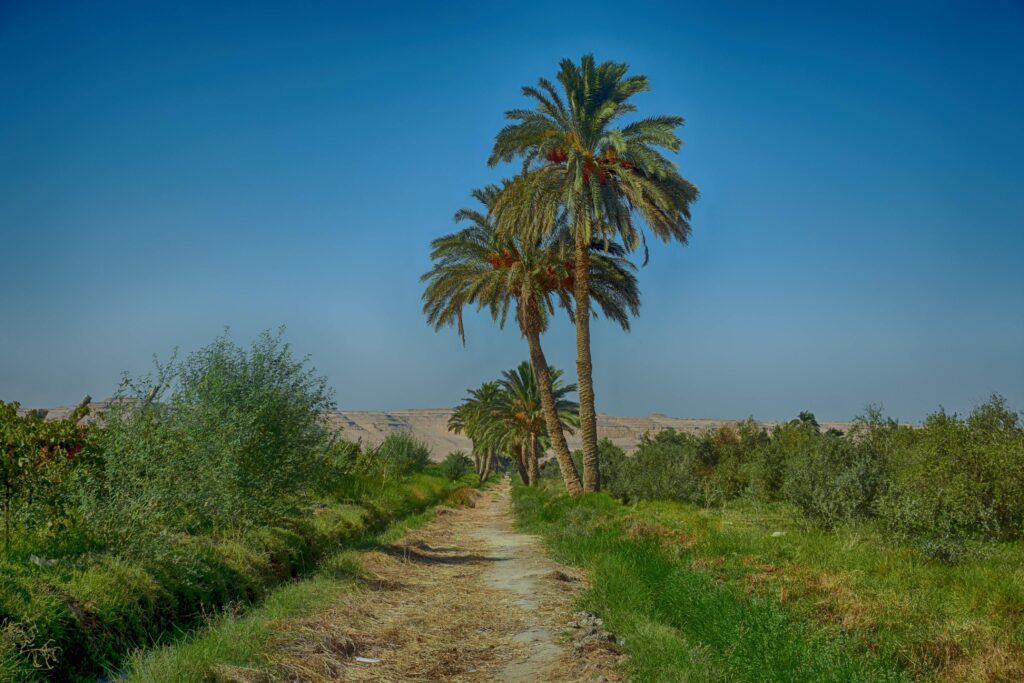
GRAPE ROAD
QARUN
Qarun offers an archaeological highlight situated at the periphery of the village: the Greco-Roman Temple Qasr Qarun lying amidst the ancient town of Dionysias. Qasr Qarun is one of the most impressive ancient temples in Fayoum dedicated to Sobek, the principle Pharaonic god of the area. The temple is a marvelous and well-preserved piece of architecture with a mace of halls, staircases, corridors and hidden crypts. From the temple’s intact roof, visitors enjoy an overall view of the impressive dimensions of the entire archeological site and its surroundings. Every year, Qarun celebrates “The Qasr Qarun Sun Festival”, on December 21st, when the sunlight hits the temple’s innermost sanctuary. This spectacular event is unique to Qasr Qarun and Abu Simbel.
KHALTA HOME OF TEXTILES
QASR QARUN
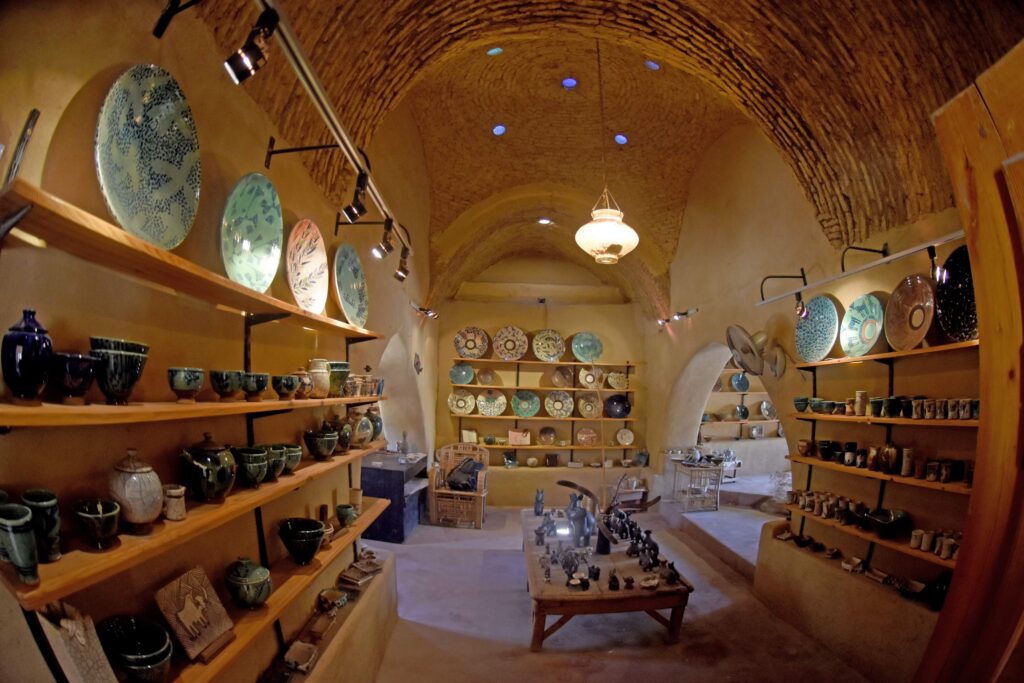
TUNIS
Tunis is located in the south-western part of Fayoum on Lake Qarun. The village is mostly populated by farmers that grow olives, onions, corn and animal feed. But Tunis is also famous as an artist’s residence. The village is presently home to 10 pottery workshops and Evelyne’s Pottery School that produce and sell artistic pottery. The colorful glazed Tunis pottery is inspired by Islamic art motifs. Tunis pottery is not mass-produced: Every single piece originates from the imagination and creativity of its producer. Some of the potters have participated in local and international pottery exhibitions and fairs. Their products are exhibited in local and international museums and are sold in Fayoum, Cairo and abroad. Yet, tours through Tunis offer much more. They take visitors to off the beaten tourism tracks through wonderful green areas with lush fruit gardens and fields, and provide them with a rare insight to rural traditions and life.
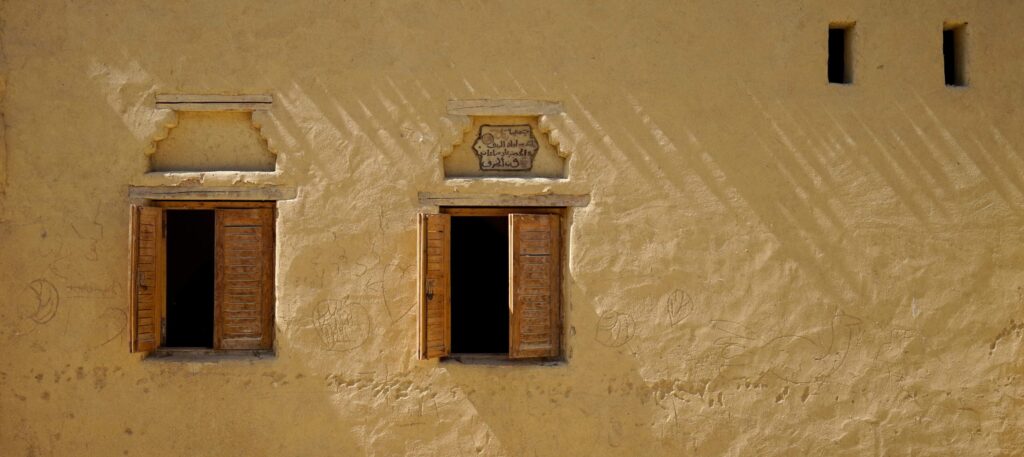
The annual “Tunis Pottery Festival” scheduled for the 3rd to 6th of December is a cultural highlight: Exhibits of ceramics, handicrafts and pottery works to bird watching, presentations of documentaries and recorded films as well as theatre and Bedouin group performances reflect the richness of Fayoum’s cultural heritage.


